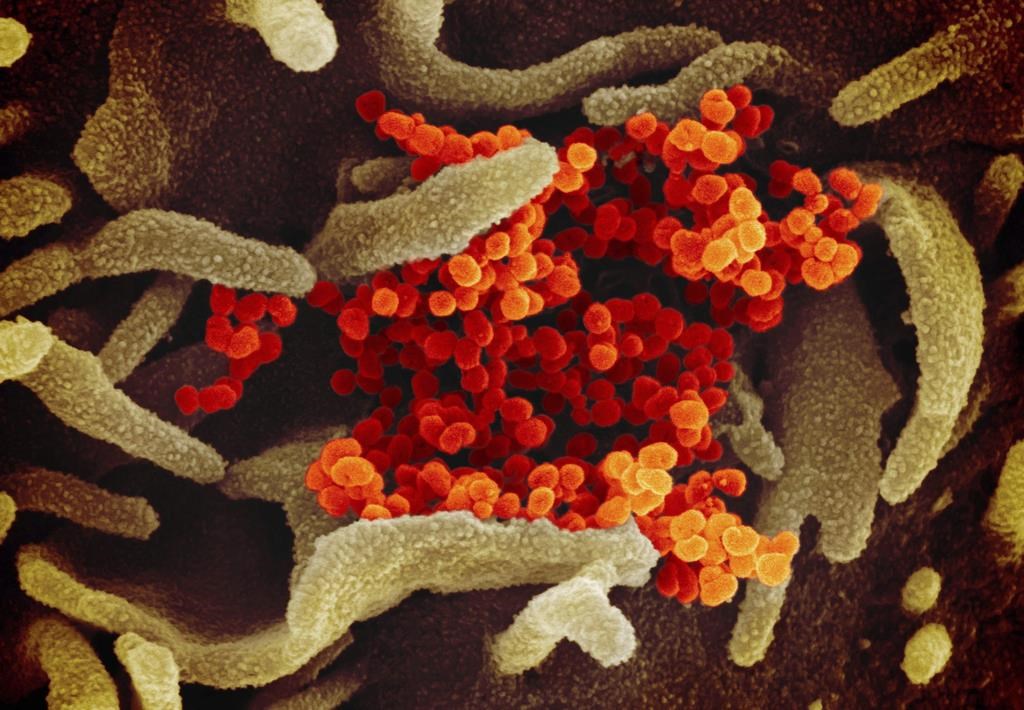Canadian national security agencies are fighting against malicious cyber campaigns seeking to exploit the coronavirus pandemic in a number of ways, such as mimicking Canadian government websites in “phishing” attempts.

While public safety concerns and anxiety rise with the spread of COVID-19, hostile foreign actors and cyber criminals are attempting to capitalize on fear and promote their own interests, according to Stephanie Carvin, an assistant professor at Carleton University and former CSIS analyst.
On Friday, Canada’s cyber-intelligence agency, the Communications Security Establishment, confirmed it is acting to dismantle fake COVID-19 information websites designed to look like Canadian government sites.

“While we are limited in what we can say on specific operational efforts, we can confirm that CSE is contributing to Canada’s response to the COVID-19 virus,” spokesman Evan Koronewski said. “For example, we are working in coordination with our security and intelligence partners to ensure COVID-19 related phishing sites mimicking the Government of Canada are removed.”
In the case of these fake websites, cyber actors are trying “to maximize their efforts and lure targets to click on a malicious link,” Koronewski said.
Carvin pointed to a similar scam that has emerged with the distribution of fake coronavirus live-maps or diagnosis apps, which can steal digital information.
“Spam and malicious emails often try to exploit a sense of fear or concern in the recipient,” Carvin said. “It is not surprising that those individuals sending emails would try to exploit a serious global crisis like COVID-19 to instill a similar sense of fear.”
Another concern for Canadian intelligence is disinformation campaigns.
“There are a number of roles that intelligence can play – and one of the key concerns will be foreign adversaries seeking to cause chaos, to amplify certain narratives and amplify disinformation,” Carvin said.
Carvin said evidently Russian cyber actors are seeking to increase panic and “end of the world” fears in social media messages, and China is expected to push false narratives about the pandemic or attempt to suppress information that is critical of China’s response to the novel coronavirus.
Already, a Twitter message from Zhao Lijian, a spokesman for China’s Ministry of Foreign Affairs, has suggested the new coronavirus that spread in Wuhan could have been caused by a U.S. military bioweapon attack.
- Trudeau tight-lipped on potential U.S. TikTok ban as key bill passes
- Canadian man dies during Texas Ironman event. Her widow wants answers as to why
- Hundreds mourn 16-year-old Halifax homicide victim: ‘The youth are feeling it’
- On the ‘frontline’: Toronto-area residents hiring security firms to fight auto theft
Zhao’s tweet on Thursday evidently attempted to amplify criticism of the United States government’s response to the spread of COVID-19 and lend credence to a conspiracy theory that has been circulating on Chinese social media sites for months.
“When did patient zero begin in the U.S.?” Zhao tweeted. “How many people are infected? What are the names of the hospitals? It might be U.S. army who brought the epidemic to Wuhan. Be transparent! Make public your data! U.S. owe us an explanation!”
Meanwhile, Carvin said CSIS and CSE will also have elevated engagement with Canadian government and public health agencies to ensure sensitive research and intellectual property is protected during the pandemic.
And while threats from biological or chemical weapons are not directly related to the coronavirus pandemic, Carvin said it’s likely that Canadian intelligence will have heightened attention to such security concerns while Canada’s public safety system is under stress responding to cases of COVID-19.




Comments